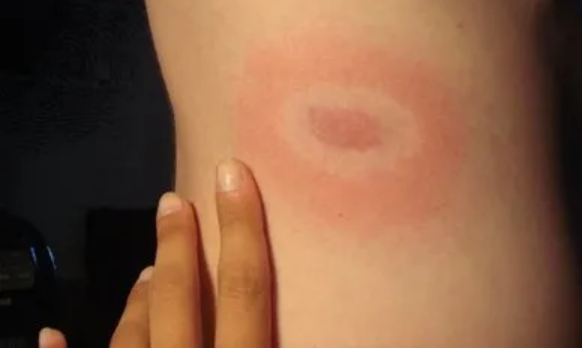When 28 year old marketing executive Sarah Collins began experiencing a strange mix of fatigue, joint pain, and brain fog, she did what many do in the digital age she turned to an AI symptom checker. What she didn’t expect was that artificial intelligence would identify her illness before any human doctor did.
“I typed in all my symptoms, and within seconds, the AI suggested Lyme disease,” Sarah recalls. “It seemed unlikely at first, but the more I read, the more it made sense.”
Over the next few weeks, Sarah visited three different doctors. Each offered a different diagnosis stress, chronic fatigue syndrome, and even early-onset arthritis. But none mentioned Lyme disease.
Frustrated, she pushed for a Lyme test. It came back positive.
“I was shocked. The AI got it right and early. I could’ve started treatment weeks earlier if I had listened to it first,” she said.
Lyme disease, caused by the bite of infected ticks, can be notoriously difficult to diagnose. Its early symptoms often mimic other conditions, leading to misdiagnosis or delayed treatment something AI tools seem increasingly capable of addressing.
Dr. Michael Adedeji, a Lagos based infectious disease specialist, says AI tools are becoming valuable allies in early stage diagnostics.
“AI doesn’t replace doctors, but it can highlight patterns we sometimes overlook, especially in complex cases,” he noted. “It’s like having a second opinion in your pocket.”
The rise of health-focused AI platforms like Ada, Buoy, and Symptoma has given users immediate access to symptom analysis powered by machine learning and medical databases. While experts warn these tools shouldn’t replace professional medical advice, stories like Sarah’s highlight their growing influence and potential.
Since her recovery, Sarah has been advocating for AI-assisted diagnostics to be taken more seriously, especially in under-resourced areas where access to specialists may be limited.
“If AI can help catch diseases faster, why not use it? It could literally save lives,” she said.
As technology and medicine continue to intersect, cases like Sarah’s may become more common not as a replacement for doctors, but as a powerful supplement to the healthcare system.
source: bbc.com

Leave a Reply